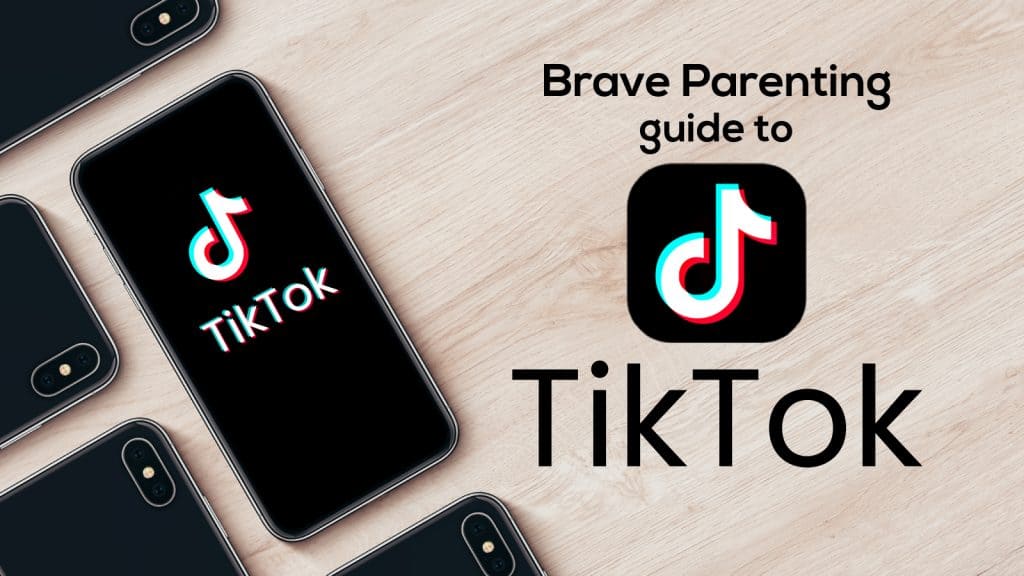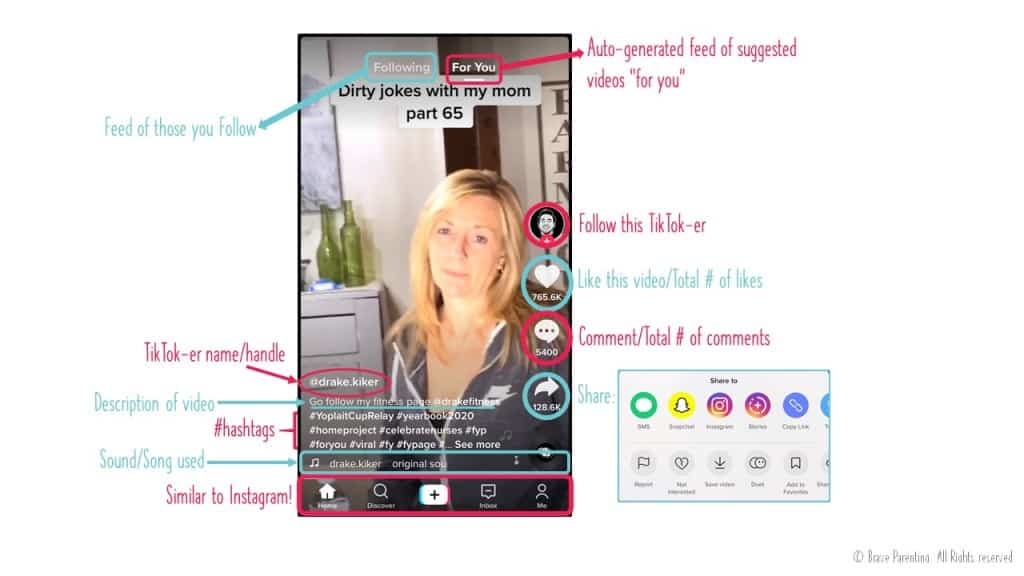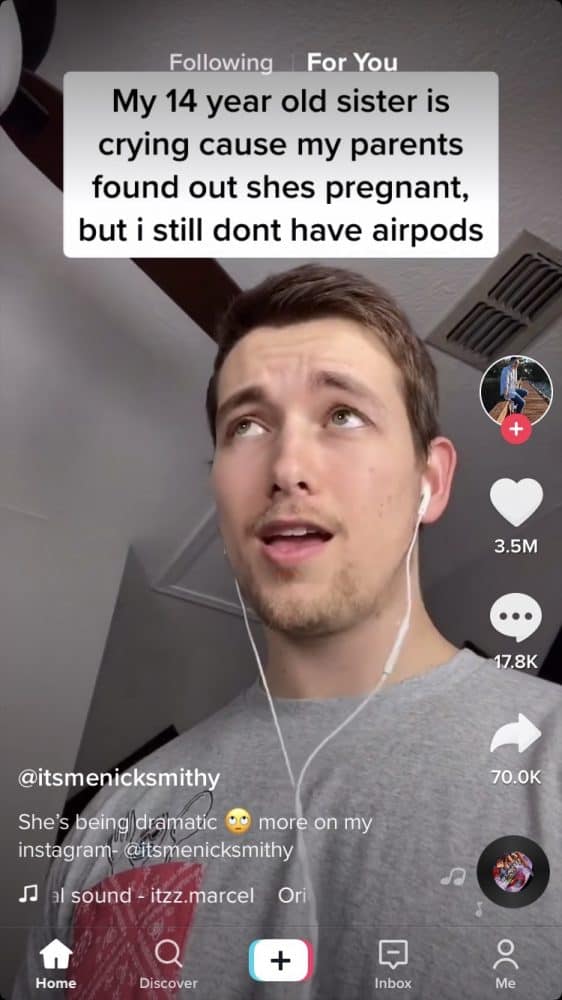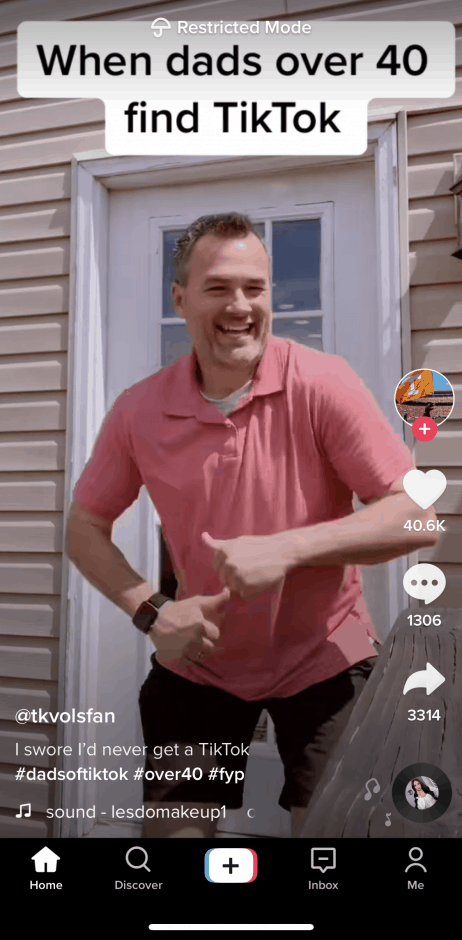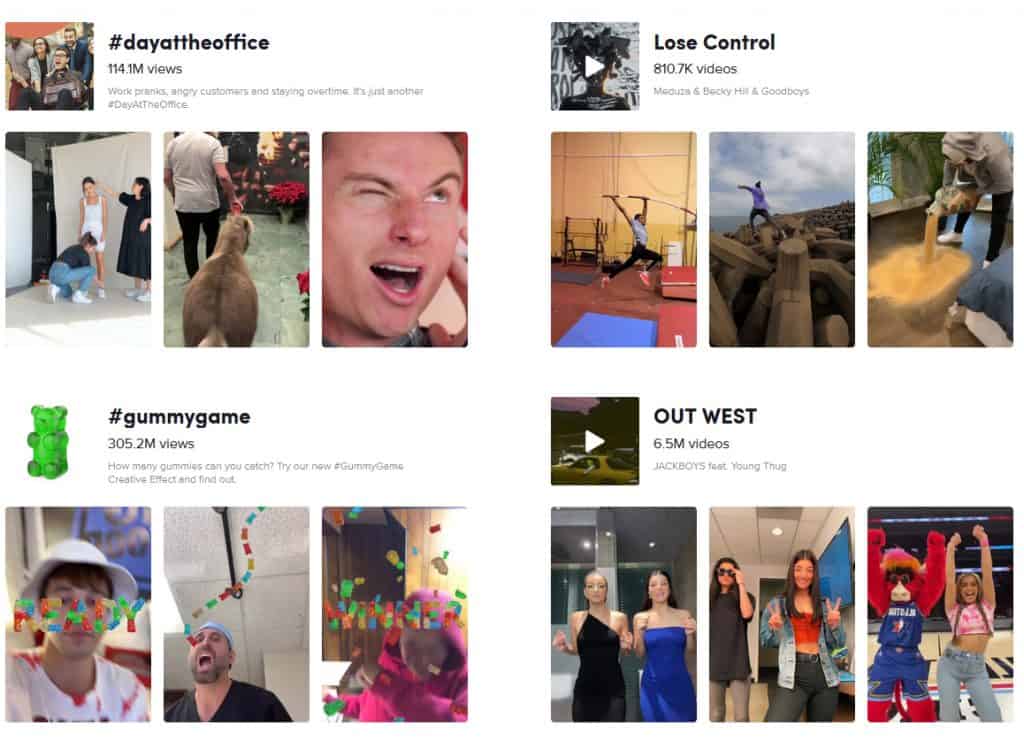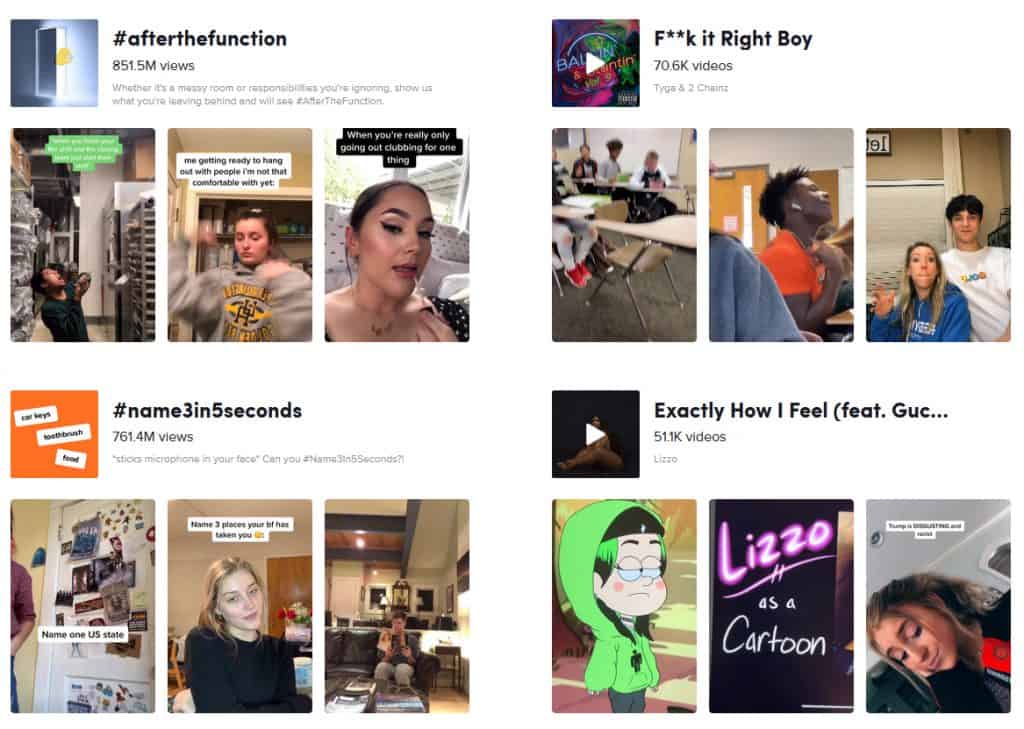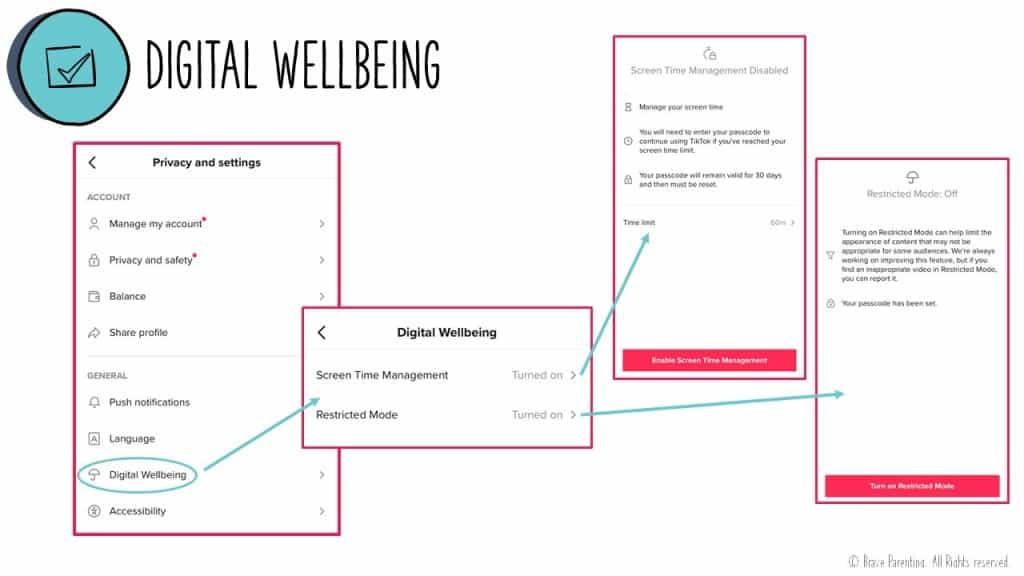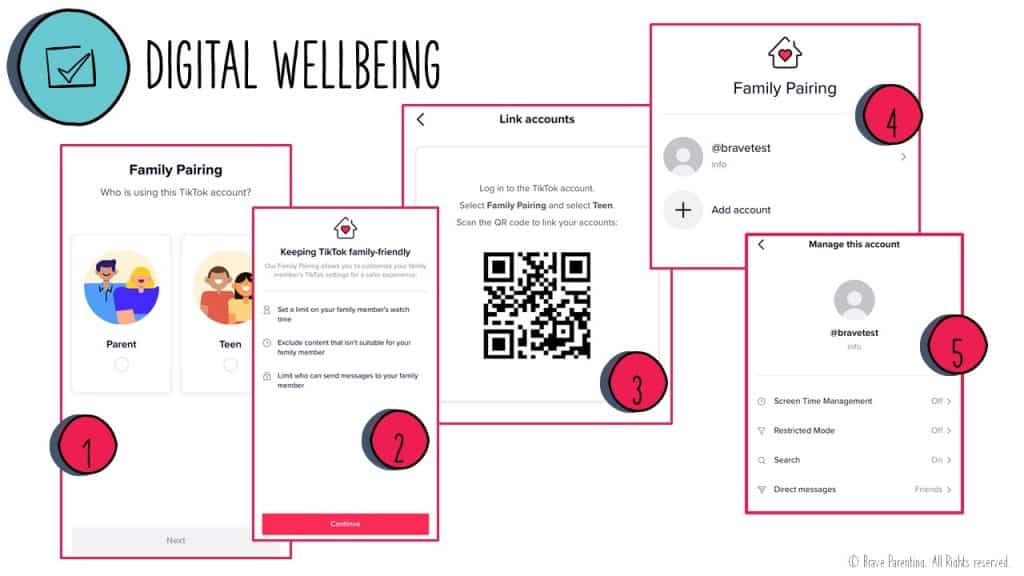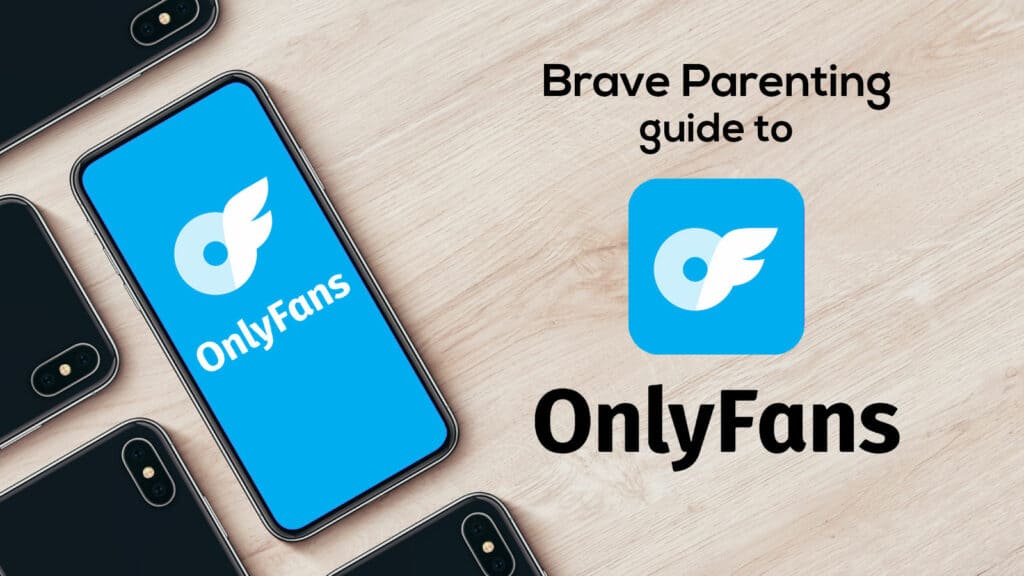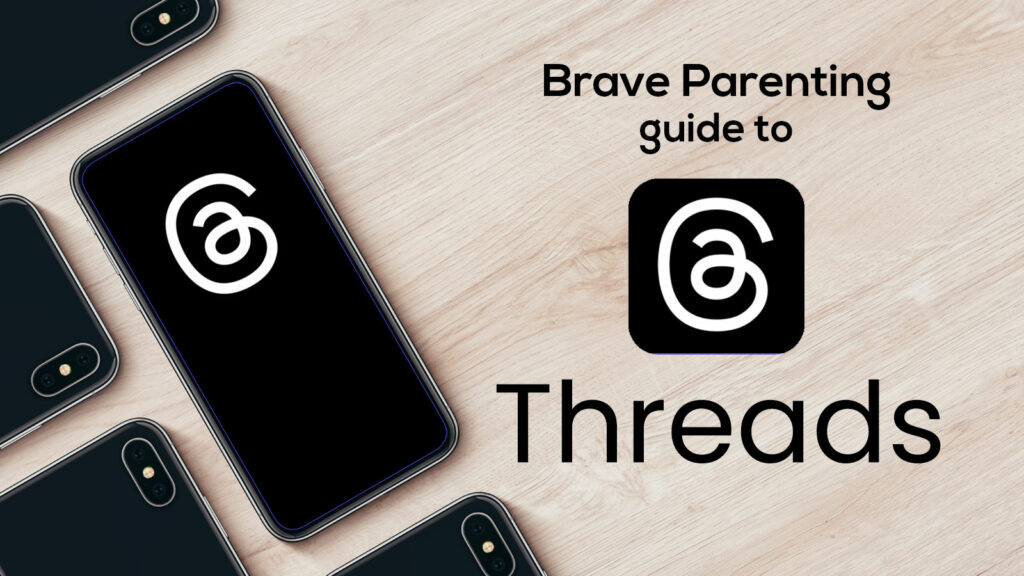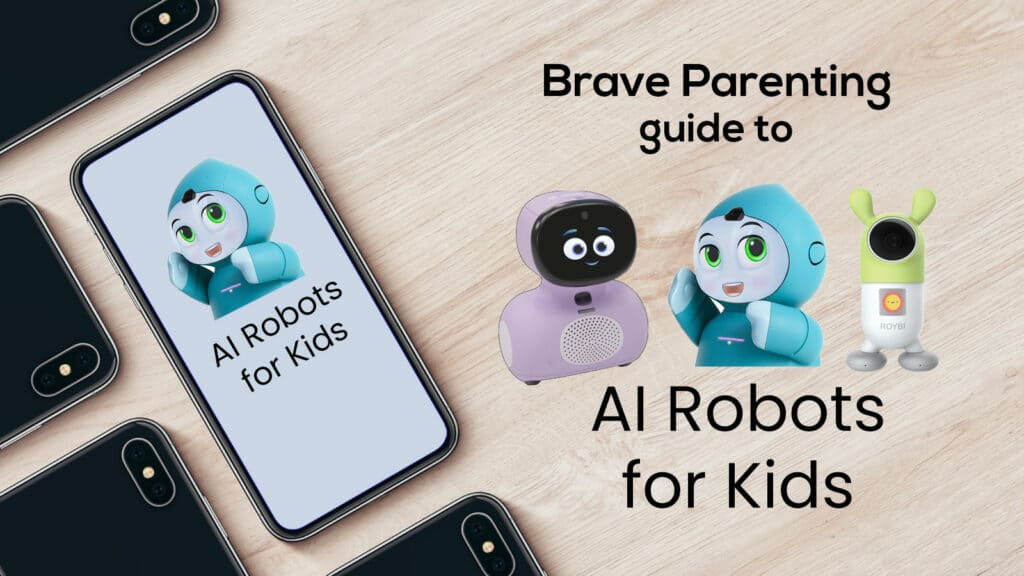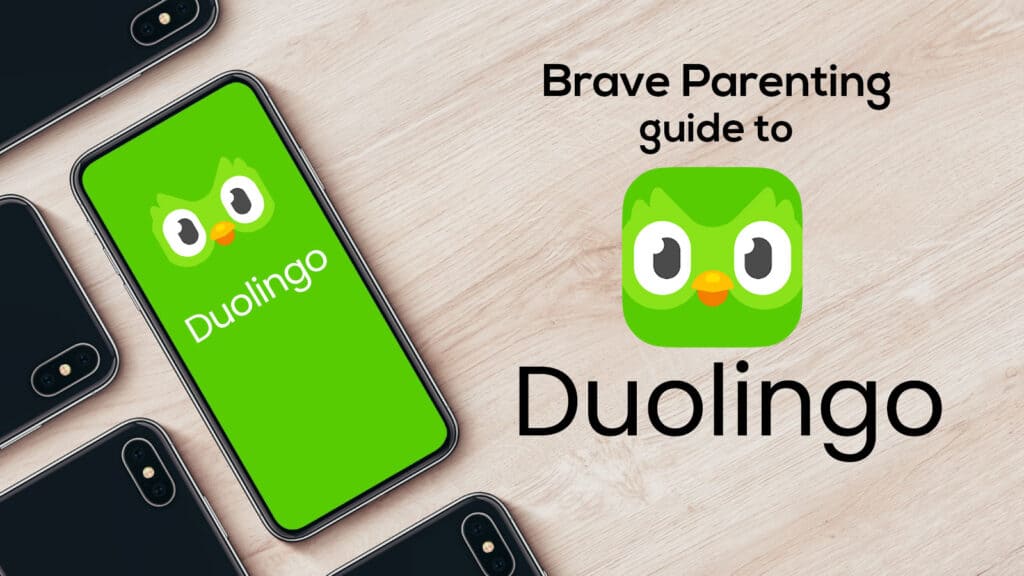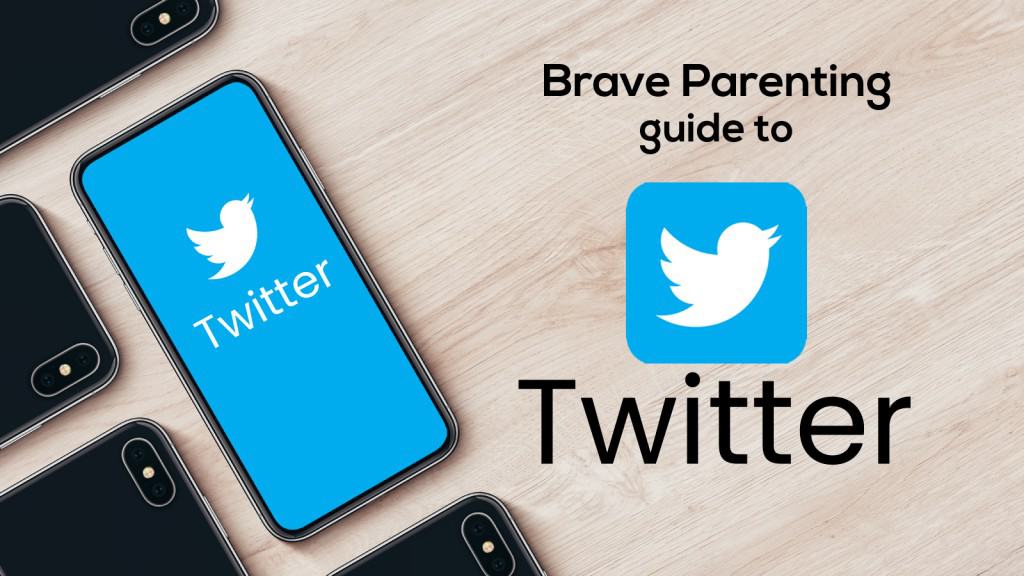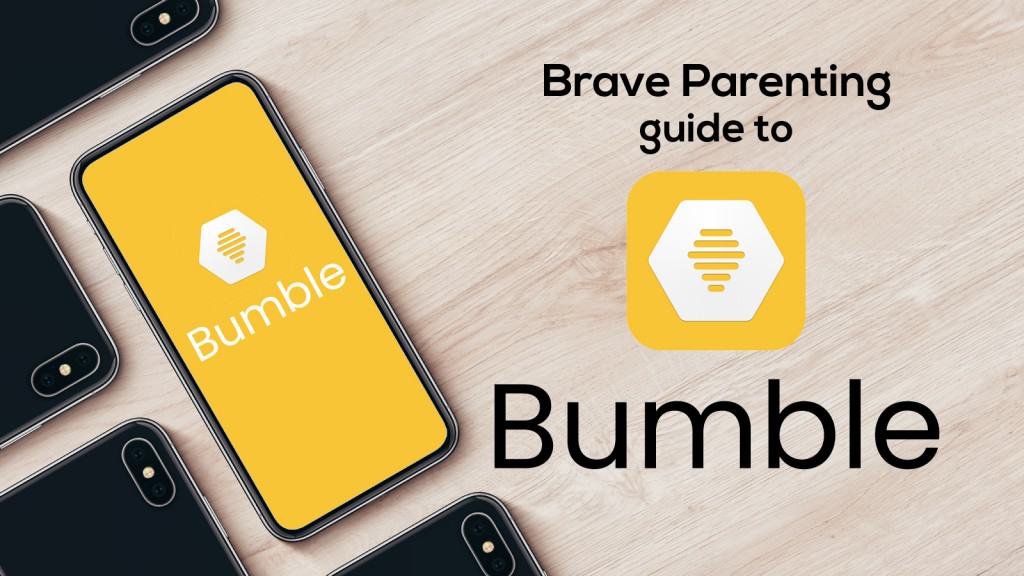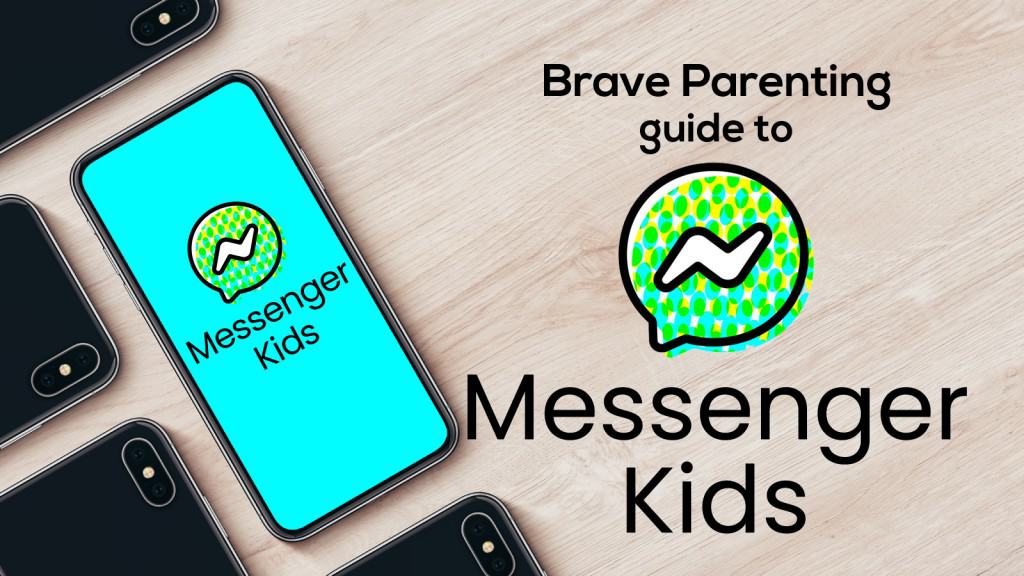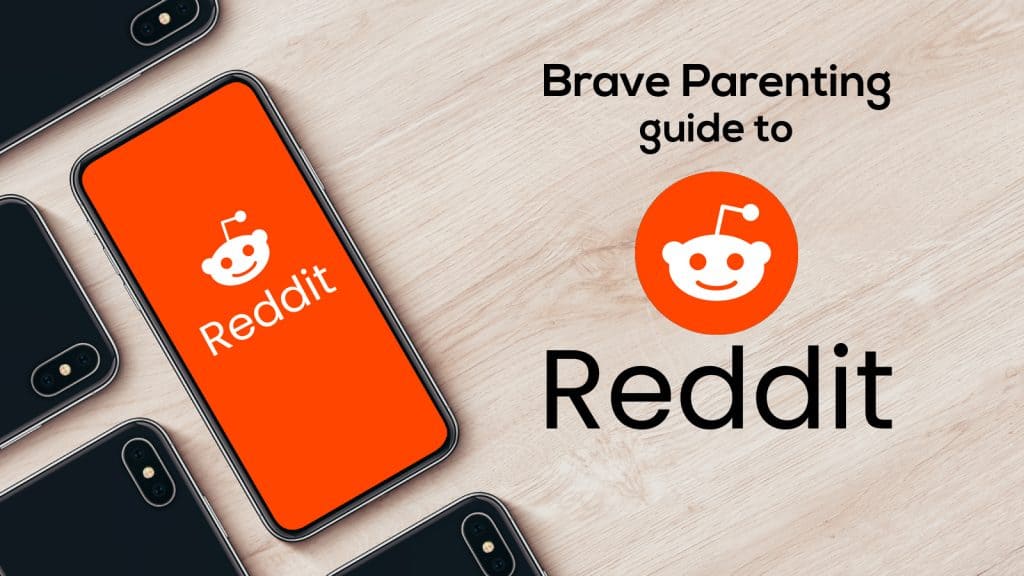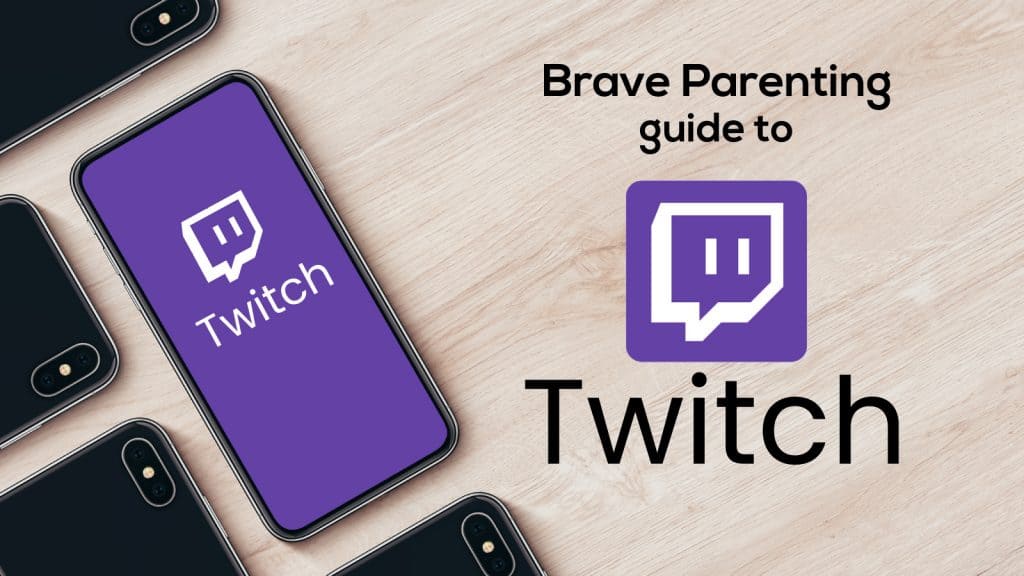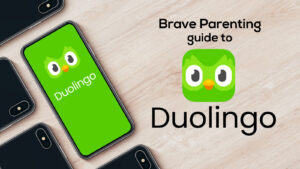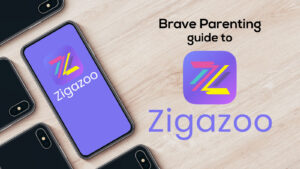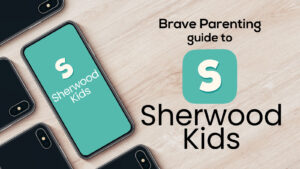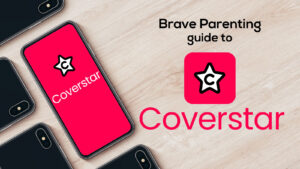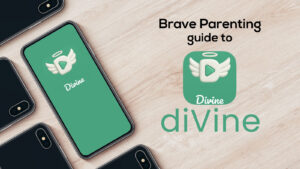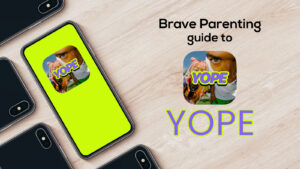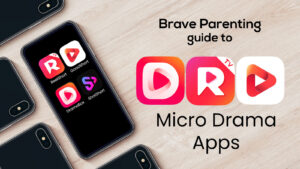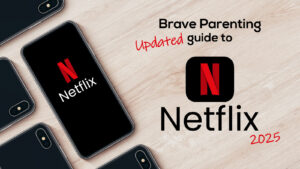This guide has been updated as of October 15, 2024
What is TikTok and is it appropriate for my children?
Here are 5 FACTS every parent needs to know about TikTok:
#1 Entertainment “Social Media”
TikTok is owned by a Chinese company, Bytedance. Its popularity rose quickly since 2018, and it now boasts over 2 billion users. The app held the title of most downloaded app from 2018-2023.
Categorized as entertainment but it is often considered a social media platform. The reason for this is that TikTok has an algorithmic feed of content (the For You page), users can follow one another, like/comment on videos that are posted, and message one another inside the app.
Even with these very “social media” like features it is best to consider the app truly as entertainment only.
Entertainment, as we know, is enjoyable but has become a source of addiction. (Bite-sized entertainment you carry in your pocket.) This is one of the greatest concerns we have with TikTok: the addictive nature. (See below for further expansion on this theme)
#2 For You (#foryou) Page & Fame
Opening the app immediately brings you to the For You stream of videos. You don’t need to sign in or even create an account, for that matter, in order to see this “homepage”. It is an algorithmic-driven feed where the more videos you watch, re-watch, like, or engage with the more personalized this feed will be.
TikTok creators use the hashtag #foryou or #fyp on their videos in attempt to get their video on this homepage stream. Because the For You algorithm serves a wide audience, accounts with a handful of followers can go hugely viral within the span of a few hours. Followers rack up far more quickly than on other platforms, so having tens of thousands of them is relatively standard for anyone who’s had even a minor hit. (Which leads to #fame.)
#Fame
TikTok fame is now a common and increasingly attainable goal for kids, teens, and young adults. According to a survey by data research firm Morning Consult, more than half of Americans between the ages of 13 and 38 say they’d like to be an “influencer” if given the opportunity.
Ultimately, the goal of TikTok is no different than other social media platforms: maximum engagement. They want to lure you into the rabbit hole.
Unfortunately, recommendation algorithms do not make moral and health-related judgments regarding the content they recommend. Do you like puppies? Based on what you’re liking and searching for, TikTok thinks you do so its algorithm will show you more puppies. Ahhhh puppies! However, the exact same formula applies to potentially harmful forms of content. Do you have anorexia, suicidal thoughts, or a thing for half-naked girls shaking their butts? TikTok thinks you do, so here’s a bunch of triggering videos.
Recently….WIRED online magazine reported about TikTok’s problem with Anorexia (or pro-ana) content and how they should have seen this coming as every major platform has battled it.
#3 Video Creation/Live-streaming/Messaging
The goal of a TikTok video is to dance, lip-sync, prank, challenge – basically anything that expresses yourself or makes others laugh, typically with a song playing, AND all in 15 to 60 seconds.
TikTok provides an easy-to-use, versatile video creation platform to achieve this. Aside from a large volume of songs (a lot of them with explicit lyrics) they also provide creators fun tools such as: different recording speeds, AI beauty filters to remove wrinkles, shininess, redness, freckles, etc., and Instagram and Snapchat-esque filters such as Stories.
Aside from videos, a new and growing trend on TikTok is live-streaming. Streams range from video game play, concerts, and sexually seductive acts to sleeping. According to a New York Times article, livestreams aren’t archived, so “sleep-streams” provide a time and place for users to meet and have an ongoing conversation (think predators). TikTok users spend money to send emojis/coins to their favorite TikTok streamers to encourage them to continue (again, think predators paying for “acts.”)
TikTok also grants the ability for direct messaging. The bottom navigation chat bubble, “Inbox,” is where you can message another TikToker and also is where you can view your notifications, such as how many people liked your video. Public accounts can receive messages from anyone on TikTok, which always brings concerns of predators, creeps, and bullies.
Important to note: A public video cannot be deleted from TikTok’s servers.
#4 Challenges/Controversies
Perhaps because of its quick rise in popularity or any other host of reasons, TikTok has been ripe with controversies since its beginnings. Some are due to the viral challenges the platform supports.
The United States Army, Navy, and Marine Corps recently banned service members and personnel from installing TikTok on government-issued phones. In similar concerns for National security, TSA has also banned employees from using TikTok.
In April 2019, India banned the app from downloading after an Indian court ruled that it could expose children to sexual predators, pornographic content, and cyberbullying. TikTok appealed the decision, saying it had cracked down on inappropriate content, and the court reversed its ruling. The government then gave Apple and Google permission to offer it for download again.
A cursory scan of TikTok-related headlines over the past year read:
TikTok of a teen getting an abortion went viral and sparked a massive debate
A TikTok influencer ‘almost died’ after getting trapped under the ice during stunt video
Teens warned not to try TikTok ‘Pass Out’ challenge that ‘can result in death’
New TikTok challenge has people eating cereal out of each other’s mouths (see above picture, center)
TikTok under fire for hiding videos of ‘overweight and disabled users’
New TikTok Skullbreaker challenge lands youth in ICU with head injury and stitches (see above picture, left)
A website even exists dedicated to recording the number of deaths and injuries associated with TikTok.
#5 Parental Controls & Ratings
Under Settings, TikTok offers Digital Wellbeing limits. We thought these were legit limits, but internal investigations done as a part of 13 states suing ByteDance for TikTok’s devastating impact on children revealed they were for “improving public trust in the TikTok platform via media coverage…..our goal is not to reduce the time spent.” Lovely. Nevertheless, here are their options:
RESTRICTED MODE: Uses algorithms to limit videos that may not be appropriate for all audiences.
SCREEN TIME MANAGEMENT: Set up a time limit for app usage.
AUTOMATIC UNDER 16 RESTRICTION: Users under 16 will automatically have Direct Messages disabled.
Restricted Mode and Screen Time Management features allow a 4-digit PASSWORD protection. This will enable parents to set these limits up, and a child cannot undo them. Not only that, but a parent can link their TikTok account with their children to adjust limits remotely.
To increase privacy and security, change the default safety setting for “who can post comments,” “who can duet with you,” and “who can react to your videos” from Everyone to Friends. Although making the account private should ensure strangers can’t find you, these settings make it so that you aren’t inviting strangers in.
The final key to remember about TikTok is that you don’t need to log in to see the For You feed, search for users, or discover new trends. Therefore, signing out of their account enables a child to bypass these limits.
Ratings:
App store: 12+
Google Play: T (Teens)
TikTok: 13+
Brave Parenting: Not recommended
There was a time when TikTok appeared to have a few redeeming qualities. We respected their restriction of private messaging under the age of 16 and appreciated parental controls. However, since the rise of TikTok in 2020, it is obvious that the lockdowns did not wreck Gen Z – TikTok did.
Here are Brave Parenting’s three top concerns:
1. ADDICTION/OBSESSION
Watching hundreds of 15 to 30-second video clips (the algorithm favors 21-34-second videos) can waste a lot of time. The algorithm constantly feeds you more videos it believes you’ll like (to get you hooked). Therefore, it is not only easy to lose yourself in the app – it is the expectation! Internal documents from TikTok reveal the app creators know they can addict someone in 35 minutes (roughly 260 videos).
This Wall Street Journal investigation video on how TikTok’s algorithms figure out your deepest desires is illuminating and disturbing.
2024 stats reveal the average user spends 95 minutes daily on TikTok. U.S. teens, however, spend an average of 120 minutes on the app!
2. OVER-SEXUALIZED/PROFANE
Far, far too many teenage girls are wearing too little clothing and dancing provocatively on TikTok. Many of the popular and trending videos also contain profane and obscene lyrics. Two hours of the day spent consuming this garbage normalizes it all.
In 2022, Forbes reported that TikTok live streams had become a “strip club of minors enticed by money and gifts to perform sexually explicit acts.” Considering that those internal documents also revealed they were turning a blind eye to children under 13 years on the app, what we have is sexual exploitation, child sex abuse material, and a hub for predatory behavior.
3. FAME/WORSHIP
TikTok makes people famous (and “rich”) for practically no outstanding reason. Thus, the pursuit and pressure to become TikTok-famous infects nearly everyone on the app. Consequently, profound psychological effects coincide with the pursuit regardless of whether they achieve a certain level of fame.
Even with the expansion of TikTok’s audiences to include businesses, non-profits, and parents, the altruistic intention for posting content is subject to corruption by the algorithmic machine. For the algorithm to prioritize your content, you must compromise and bend to the worldview and ethics of TikTok.
Biblical Perspective
While it’s easy to justify TikTok as “entertainment” and not an avenue for exploitation or fame, there is no biblical justification for a devoted follower of Christ to be on TikTok for entertainment. Christian parents raising teens who have yet to profess Christ as their Savior are still responsible for discipling their children in the way they should go (Proverbs 22:6), and thus should prohibit this app.
Here are several biblical principles to serve as the foundation for your restriction of this app (for yourself and your kids):
ADDICTION
The Word of God prescribes that we be good stewards of our time. Ephesians 5:15-16 tells us, “Be very careful, then, how you live—not as unwise but as wise, making the most of every opportunity, because the days are evil.” TikTok’s addictive nature steals valuable time. The time that was once for studying and learning – academically and spiritually, spending time in live-giving relationships, or serving others.
INAPPROPRIATE CONTENT
God calls us to “be holy” (1 Peter 1:16), which means set apart from anything sinful, profane, and ungodly. Even as redeemed sinners, Christians must still fight against the carnal nature of the flesh. For this reason, we guard our hearts (Proverbs 4:23) and set our minds upon that which is true, noble, right, pure, lovely, admirable, excellent, and worthy of praise (Philippians 4:8). TikTok’s algorithms favor content that is contrary to the values, ethics, morals, and doctrines of the Christian faith.
SELF-WORTH
The features of TikTok: AI beauty filters, For You Page, likes/follower count, comments, influencers, and ephemeral nature all define an adolescent’s self-worth on the world’s standard. The only place where a person’s worth is not subject to the world’s changing standards is Jesus Christ. Matthew’s gospel records Jesus’ words about the foundation we must build our lives on the Word of God.
“Therefore, everyone who hears these words of mine and puts them into practice is like a wise man who built his house on the rock.The rain came down, the streams rose, and the winds blew and beat against that house; yet it did not fall, because it had its foundation on the rock.But everyone who hears these words of mine and does not put them into practice is like a foolish man who built his house on sand.The rain came down, the streams rose, and the winds blew and beat against that house, and it fell with a great crash.” (Matt 7:24-27)
The most important task for parents to do for this foundation of self-worth is to instill the principles of the Imago Dei, that we bear the Image of God (Genesis 1:27), that we were chosen before the creation of the world to be holy, and blameless in God’s sight (Ephesians 1:4-5), and even when we were dead in sins in God’s great mercy, by grace through faith, we are made alive in Christ to do good works which God prepared in advance for us to do (Ephesians 2:1-9).
This foundation of self-worth is also one of the best protective factors against mental health struggles of anxiety and depression.
FAME/WORSHIP
Plain and simple, the desire for fame or public worship contradicts the Christian call to humility. We are called to seek God’s glory: “So whether you eat or drink or whatever you do, do it all for the glory of God (1 Corinthians 10:31). We are also warned that exalting ourselves leads to destruction: “Pride goes before destruction, a haughty spirit before a fall (Proverbs 16:18). If God wills a person to have a public platform or gain worldly acknowledgment for His name and glory, He will exalt that person – our call is to humility. “Humble yourselves before the Lord, and he will lift you up” (James 4:10).
TikTok’s design promotes selfishness, both in the abundant consumption of content for entertainment and in posting content for personal fame and validation. Humility empties one’s pride and desires to be filled with Christ. These two are not compatible.

